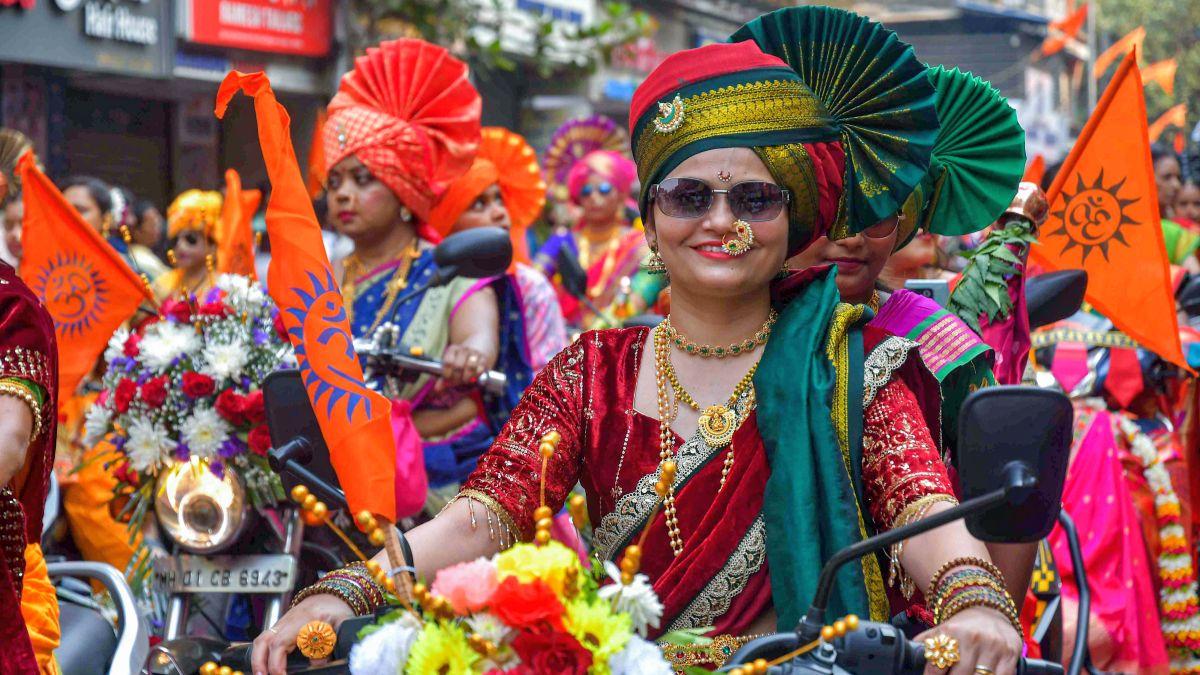The Chhattisgarh high court has said that a woman cannot be forced to undergo a virginity test which violates Article 21 of the Constitution that guarantees her fundamental right to protection of life and liberty, including the right to dignity.

The high court said granting permission for a virginity test would be against the fundamental rights, cardinal principles of natural justice and secret modesty of a female, emphasising that Article 21 is the "heart of fundamental rights".
The observation by high court judge Justice Arvind Kumar Verma came in response to a criminal petition filed by a man who demanded his wife's virginity test alleging she was in an illicit relationship with another man, challenging a family court's order dated October 15, 2024, which rejected the interim application.
The wife had alleged that her husband was impotent and refused to cohabit.
The HC said if the petitioner wants to prove that the allegations of impotency are baseless, he can undergo the concerned medical test or produce any other evidence.
"He cannot possibly be permitted to subject the wife to undergo her virginity test and fill up the lacuna in his evidence".
The order passed on January 9 was made available recently.
The high court noted that the contention of the petitioner demanding a virginity test of his wife is unconstitutional as it violates Article 21 of the Constitution which includes the right to dignity of women.
"Article 21 of the Constitution of India not only guarantees the right to life and personal liberty but also the right to live with dignity, which is crucial for women.
"No woman can be forced to conduct her virginity test. It is a violation of fundamental rights guaranteed under Article 21. It has to be borne in mind that Article 21 is the 'heart of fundamental rights'," the high court stated.
Justice Verma further said that the virginity test is a violation of the basic right of women to be treated with decency and proper dignity.
"The right to personal liberty enshrined under Article 21 is non-derogable and cannot be tinkered with in any manner. The petitioner cannot possibly be permitted to subject the wife to undergo her virginity test and fill up the lacuna in his evidence in this regard.
"Be that as it may, but in any case, granting the permission for virginity test of the respondent would be against her fundamental rights, the cardinal principles of natural justice and secret modesty of a female," the high court noted.
Non-derogable human rights refer to rights that are absolute and may not be subject to any derogation, even in times of war or emergency.
The bench further observed that the allegations made by both parties against each other are the subject matter of evidence and a conclusion can be drawn only after evidence.
"The High Court is of the considered opinion that the order impugned is neither illegal nor perverse and there is no judicial error committed by the trial court," it said.
The couple got married on April 30, 2023, as per Hindu rites. They lived together at the husband's family residence in Korba district.
The wife allegedly told her family members that her husband is impotent and she refused to establish a marital relationship or cohabit with her husband, the petitioner's counsel said.
She filed an interim application on July 2, 2024, under section 144 of the Bharatiya Nagrik Suraksha Sanhita (BNSS) before the family court in Raigarh district seeking maintenance of Rs 20,000 from her husband.
In response to the maintenance claim interim application, the petitioner sought a virginity test of his wife alleging that she was in an illicit relationship with her brother-in-law. He claimed the marriage was never consummated.
On October 15, 2024, the family court in Raigarh rejected the husband's request following which he filed a criminal petition in the High Court.
The case is currently at evidence stage in the family court.










 © 2025
© 2025